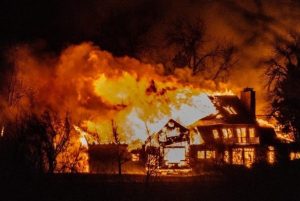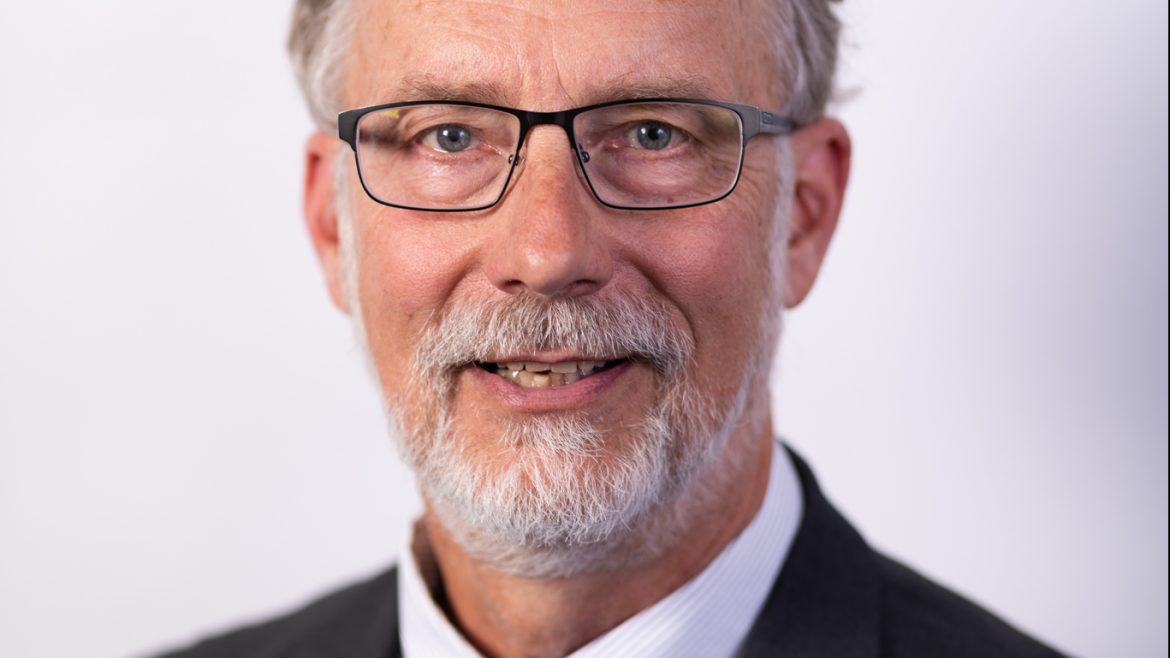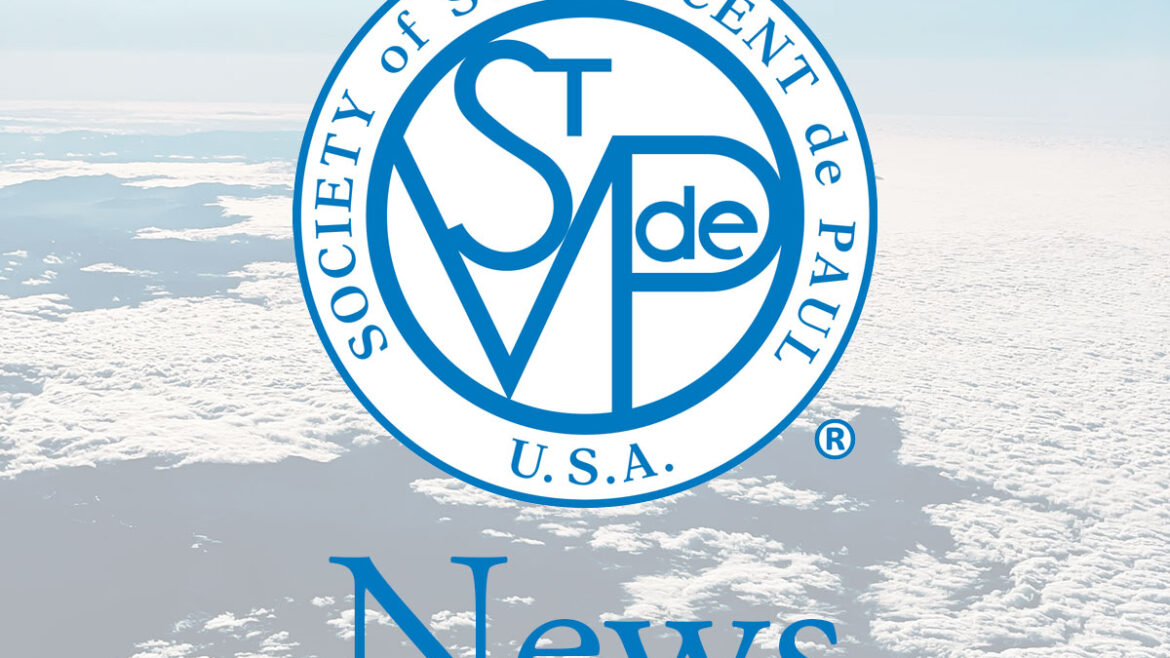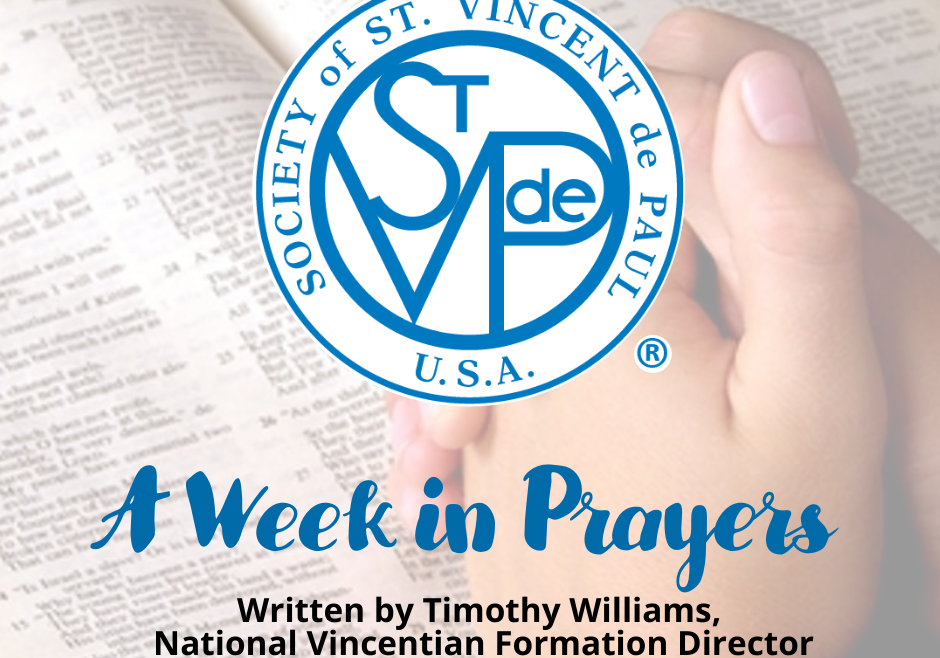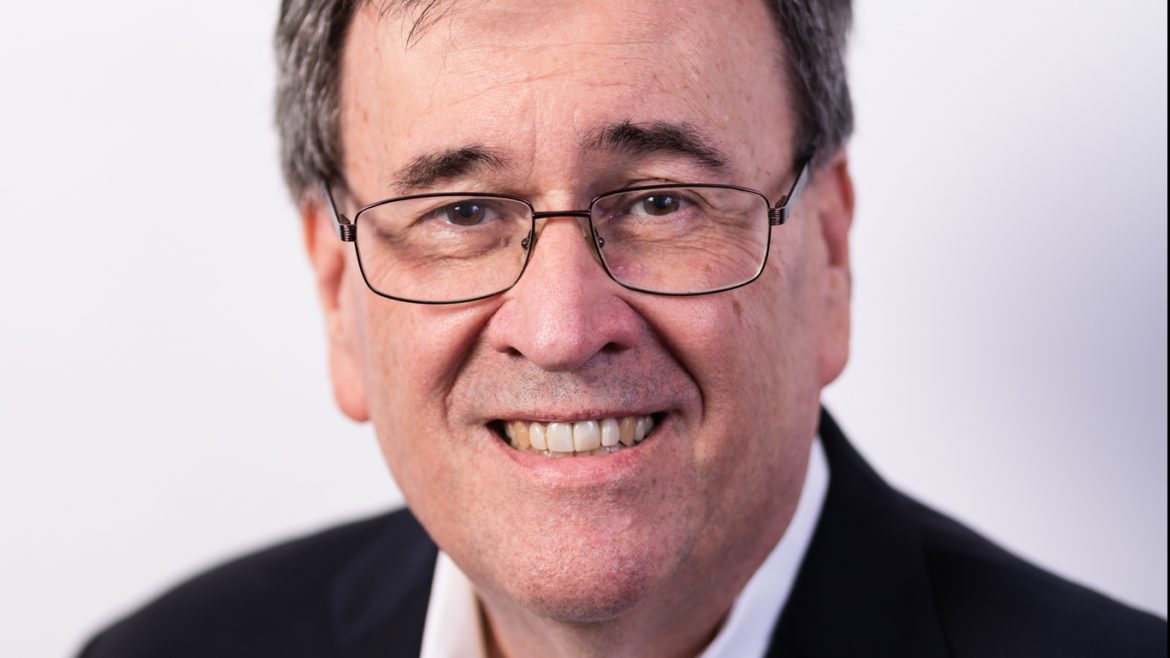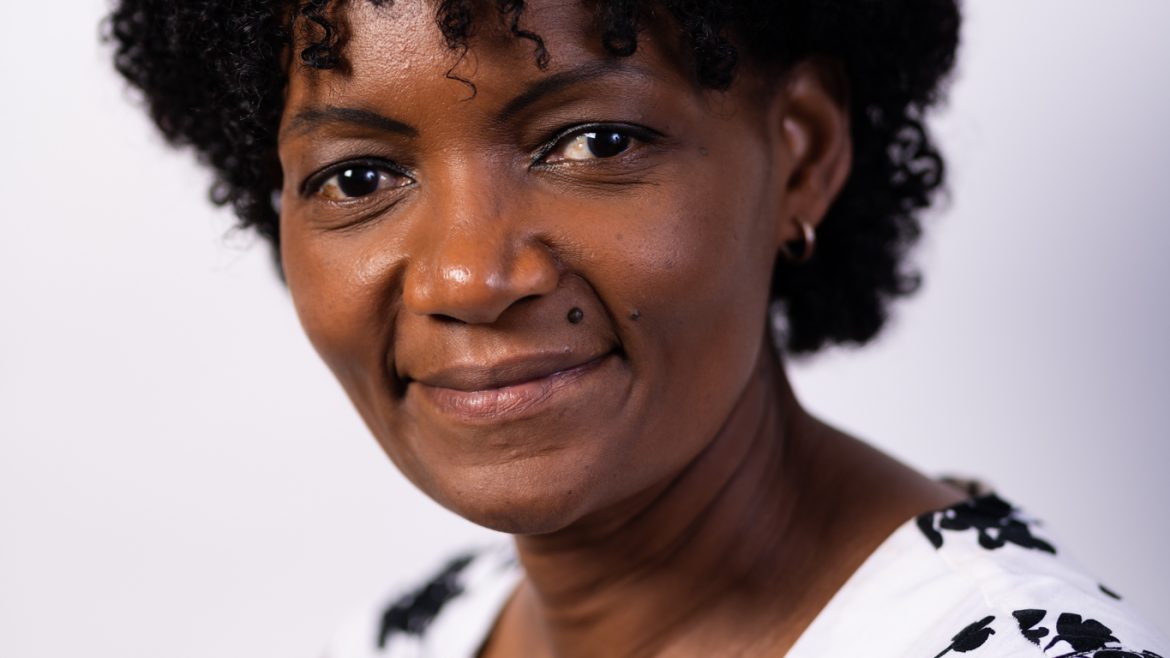On December 30 of last year, a wind-swept wildfire tore through suburban neighborhoods between Denver and Boulder (Superior, Louisville, and unincorporated Boulder County), forcing the evacuation of thousands of people, destroying 1,084 homes, severely damaging 149 homes, and making it the most destructive blaze in state history.
The fire, as intense as it was sudden, sent tens of thousands of residents of Boulder County scrambling to leave department stores and houses on Thursday as fire trucks swarmed the area. Though wildfires are seen as less of a threat in suburban areas, especially in December, a period of intense drought had created the conditions for the flames to spread, destroying houses, a shopping complex, and a hotel.
Evacuees fled the fire zones under plumes of smoke that clouded the sky for miles, not knowing if their houses would make it through the night. Roads and highways in the Denver metro area were jammed with thousands of residents trying to flee.
Wildfires in the American West have been worsening – growing larger, spreading faster, and reaching into mountainous elevations that were once too wet and cool to have supported fierce fires. What was once a seasonal phenomenon has become a year-round menace, with fires burning later into the fall and into the winter.
Last week, DSC conducted a customized training on DSC’s Programs for over 25 Vincentians within the Denver Council and associated Conferences. The training focused on how Councils and Conferences can leverage DSC’s grants and programs to build capacity for the local Vincentian response to the devastating wildfires that have swept across Colorado. In addition, DSC spent a large portion of the training on how Vincentians can provide Disaster Case Management services to wildfire survivors.
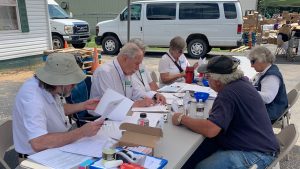
“The training recently provided by SVdP’s Disaster Services Corporation (DSC) to Denver Metro Council and Conference members significantly expanded our concept of assistance. While we are experienced in dealing with evictions, homelessness, rent and mortgage shortfalls and need for help with utility and other payments, the need to work with FEMA, the SBA and the Red Cross in addition to county and state disaster organizations is new. There are additional and important areas to discuss with fire survivors as short and long term needed assistance is identified and initiated. As our involvement with Marshall fire survivors comes into clearer focus, we look forward to working closely with DSC.”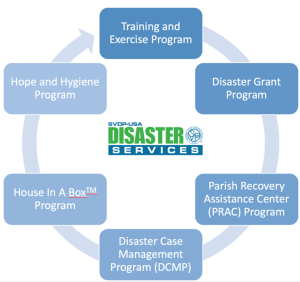 – Patrick L. Hanafee, President, SVdP Denver Metro Council
– Patrick L. Hanafee, President, SVdP Denver Metro Council
After a disaster hits, what should my Council do next?
- Contact your Council Disaster Representative (If your Council has one)
- Impacted SVdP Council contacts the SVdP Regional Vice President AND their DSC Regional Disaster Representative with a needs assessment, request for DSC grant funding, and/or DSC program support
- DSC Regional Disaster Representative contacts DSC SVdP USA to relay the need and any SVdP Council request
- DSC participates on national disaster coordination calls with FEMA and NVOAD and support Regional Disaster Representatives and SVdP Council on State VOAD and local COAD calls
- DSC works with the DSC Regional Disaster Rep and SVdP Council on distributing grant funding and/or rolling out relief and recovery programs
What support services and programs can Councils expect from Disaster Services Corporation SVdP USA?
DSC Preparedness Training and Exercise Program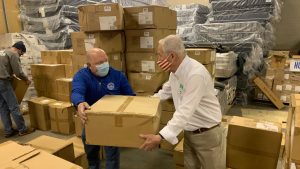
DSC conducts training for Vincentian volunteers from around the nation at the Mid-Year Meeting, Annual Assembly, Regional Meetings and individual Councils. It is DSC’s goal to have trained Vincentian disaster response teams in each of the Society’s eight regions.
- Rapid Response Team Training: This training consists of how to deploy in teams of four to assist SVdP Councils in disaster impacted areas. The Teams follow an Incident Command Model and provide support to our local Vincentians on how best to organize local relief and recovery efforts.
- Preparedness Training: Activities to cover training at the National Council’s Mid-Year Meeting, Annual Conference, Regional Meetings, and Councils as requested and to build capacity and grow the capabilities of the Council(s) and the Region(s) to respond to disasters.
- General Disaster Training: Training in Disaster Case Work, Case Management, Fund Raising for Disaster Recovery, working with local VOADs and Emergency Management and others.
- Parish Recovery Assistance Training: In conjunction with the TEEX Division of Emergency Management, of Texas A &M University, training on how to assist clients in local parishes during the recovery phase of
- Resiliency and Business Continuity Training: To help Councils prepare a Council Emergency Response Plan for an All-Hazards Disaster Preparedness Conference(s) conducted by Subject Matter Experts to train Vincentians on best practices in disaster preparedness and recovery.
DSC Grant Program
DSC’s Disaster Grant Program manages the distribution and reporting of Rapid Response Grants (RRGs) and Long-Term Recovery Grants (LTRGs) funded through the National Disaster Fund to assist Councils and Conferences.
- Rapid Response Grants (RRGs): Provide up to $5,000.00 to SVDP Councils and Conferences to meet the immediate needs of individuals and families suffering from disasters.
- Long-Term Recovery Grants: Provide up to $20,000.00 to SVDP Councils and Conferences to address long-term charitable needs, and fund programs for longer durations after the initial phase of a given disaster.
Parish Recover Assistance Centers (P-RACs)
Deploy to key parish community centers following a disaster to provide a holistic approach to Disaster Recovery through strategic outreach to survivors that may be socially, geographically and/or culturally isolated during the recovery process. The P-RACs provide immediate services and resources, connecting survivors to community services. P-RACs often require other Catholic organizations working together to deliver critical information and referral services along with immediate relief to the survivors of a given disaster. P-RACs are led by trained Rapid Response Teams, that will train others, provide information on FEMA, SBA, ONA, State and Local Disaster Programs, and provide assistance, supplies, registration, etc.
House In A Box
House in a Box ® is one of the most well-known programs of the Society of St. Vincent de Paul. The program helped DSC win the National Voluntary Organizations Active in Disaster (VOAD) Non-Government Organization of the Year Award in 2012 and again in 2021. House in a Box® provides new furniture and furnishings to families that have lost everything due to disasters and who may be forced into situational poverty as a result of natural or manmade disasters. DSC buys furniture and furnishings in volume through pre-screened vendors, so that it can provide a starter household furniture kit at a greatly reduced price. DSC coordinates all logistics for the House in a Box ® and ensures that there is no duplication of benefits. The “House in a Box®” gives dignity to families in crisis as it gives them a new and fresh start. All families receive the same new items which are packaged for efficiency of delivery. The program is scalable to the size of the family and starts at $3,000 for a family of four.
One package includes: beds, linens, dishes, pots and pans, dressers, silverware, bathroom setup, dinette and a couch.
Establishing a House in a Box ® Program in a Disaster Recovery area, begins with the assessment of the need by the RRT which includes the size of the disaster and the number of affected Households needing assistance. A minimum of 20 families is required before it is cost effective to establish a House in a Box ® Program. This assessment also includes assessing the capabilities of Catholic Organizations/Other Organizations in supporting a House in a Box ® Program. This would include SVDP Council(s), SVDP Conference(s), Knights of Columbus, Catholic Charities, Daughters of Charity, Diocese(s), Salvation Army, and Red Cross.
DSC’s primary objective is to provide support to SVDP Councils and Conferences throughout all phases of disaster. DSC’s programs all have a focus on reducing the likelihood for families to fall into situational poverty due to natural or man-made disasters.


